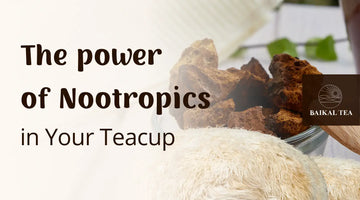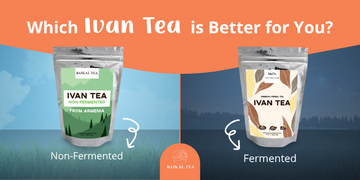Thump-thump. Thump-thump.
Don't we all love our hearts?
Heart is responsible for both the flow of blood and distribution of oxygen, water, nutrients, waste materials, immune cells, and hormones. It creates balance in all physical functions.
Heart is also very "emotional". It is the organ that responds to each and every emotion we experience.
And, although, brain sends messages to the heart, the heart sends many more signals to the brain. These signals affect our attention, perception, memory, and problem-solving. In fact, emotions are a very important aspect to health and particularly to the heart.
Studies have shown that anger, stress, or grief significantly affect our ability to think clearly and remember things correctly, as a result of erratic signals sent from the heart to
Studies with a heart rate monitor have also shown that emotions also affect our heart patterns.
For example, when we experience stress and negative emotions, our heart rate becomes erratic and uneven.
On the contrary, the hearts of people who were experiencing a sense of calm or positive emotions, were also calm and steady.
Negative Emotions Damage Our Heart
Extreme emotions of sadness and heartbreak damage our hearts. Countless studies have shown that isolation and loneliness can cause people to become sick, or even die, following the death of a loved one.
Negative emotions and stress physically affect the heart, hardening the vessels and arteries, leading to atherosclerosis and inflammation in the heart. Although heart problems are considered genetic, many people develop them without genetic predispositions.
As always at Baikal Tea, we want to look at the root cause, beyond the symptoms that arise from heart disease.
Relaxation, breathing and special herbs can calm the heart, restore heart beat, and give you a sense of peace and calm.
Done consistently, herbs improve our day-to-day health, and help us lead more joyful lives.
Protecting Your Heart
1) Some of the most obvious remedies against stress are powerful emotions of love and belonging we get by spending time with the loved ones, close family and friends.
The sheer joy of positive vibrations of fellow human beings normalizes our heart rates and releases powerful hormones of happiness and calm - dopamine and serotonin.
It is especially important to take additional steps for meet face-to-face now, as we're all sitting remote behind Zoom calls.
2) Proper exercise and heart healthy (anti-inflammatory) diets are also important for a steady, healthy heart.
A daily walk with a friend or a colleague will fulfill both exercise and the emotional needs. A calm and steady heart resonates throughout the body, healing and regenerating us.
3) Relaxing Herbs
As you already know, herbs have hundreds of chemicals that affect us on deep cellular levels. Studies have found that drinking tea is associated with a reduced risk of heart disease.
Add a daily cup of herbal tea to your diet. Take a bi-weekly walk with your friend or neighbor. Eat less inflammatory foods. And in a few short weeks you'll notice great improvements in your heart and overall health.
Chamomile, Peppermint, Lemon balm, and Motherwort are great relaxing herbs. They relax muscles and nerves in a natural way, restoring heart patterns and bringing you to a calm, relaxed state.
WebMD states: "Motherwort can reduce palpitations caused by stress and anxiety while Lemon balm works wonders on the overstimulated mind and body."
Peppermint and Serenity teas are good relaxing teas and they have no caffeine, so you can take them at any time of the day. Ivan tea is a great anti-inflammatory. You can mix all of these together for maximum benefit and delicious taste.







